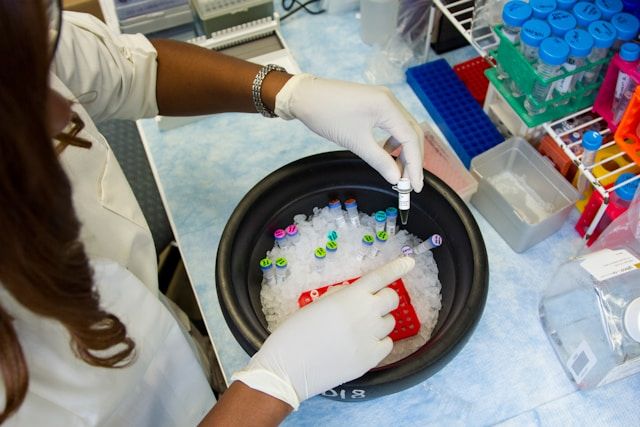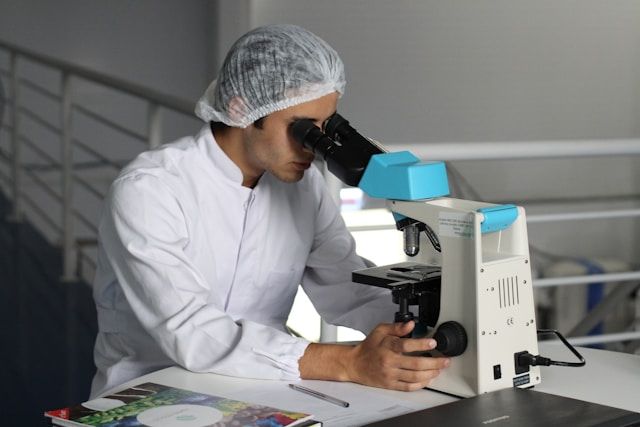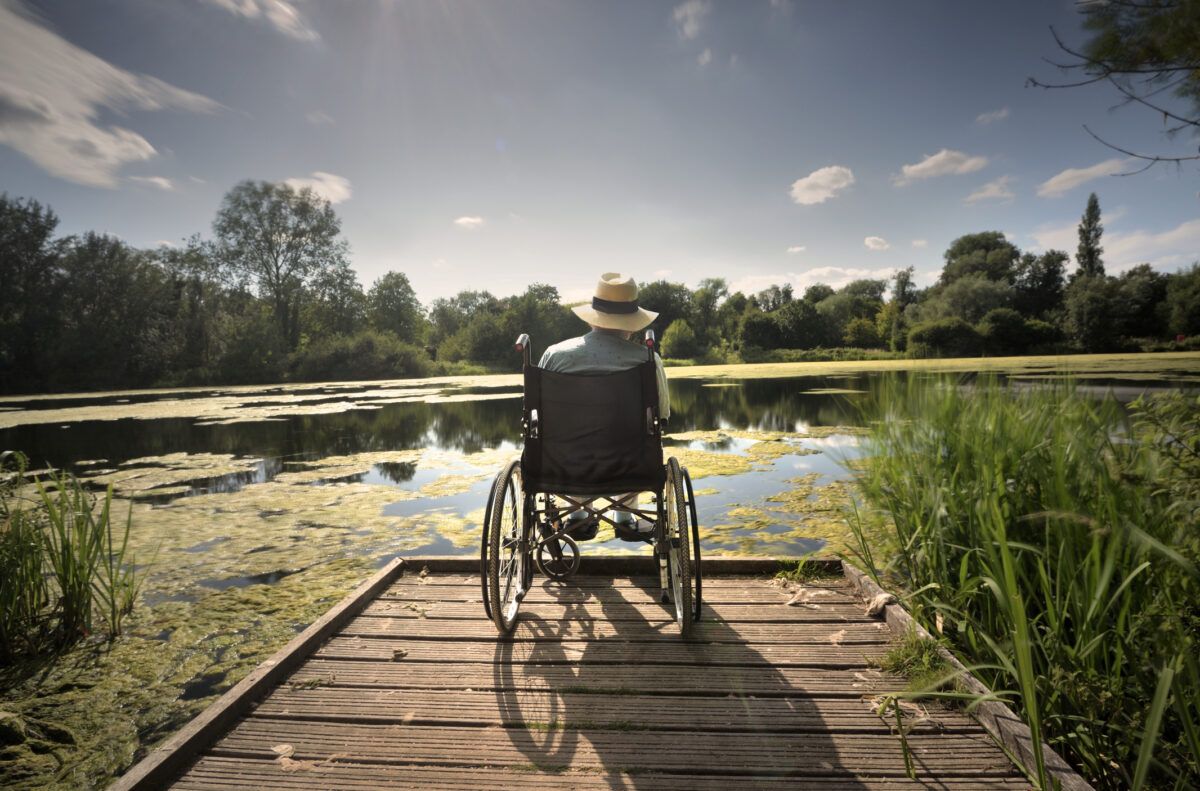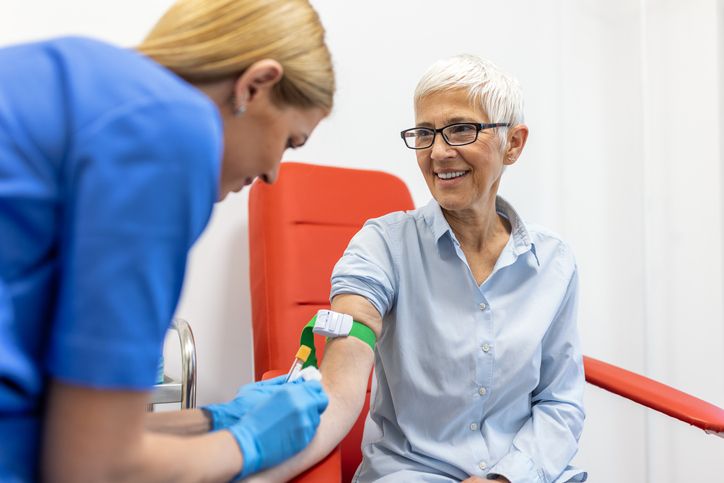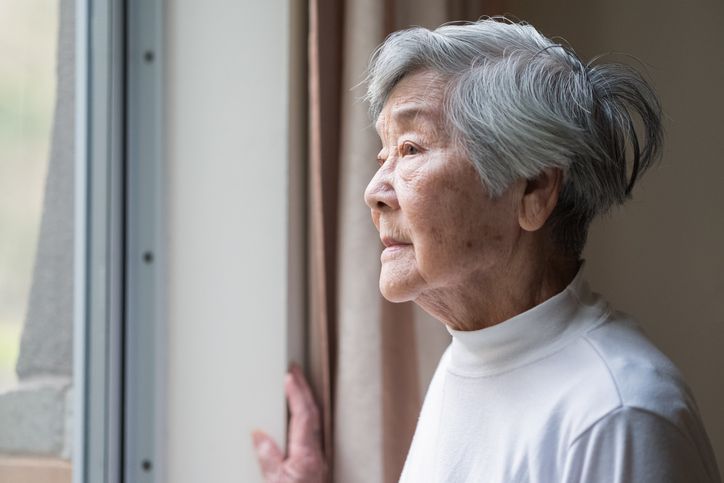People diagnosed with cancer are less likely to develop dementia. This strange relationship between these two diseases may help reveal a dementia treatment.
Dementia is increasingly prevalent, but there certain lifestyle changes may reduce your risk. For example, eating a Mediterranean-style diet and regular exercise are shown to lower a person’s chances of developing Alzheimer’s and related forms of dementia. These healthy lifestyle choices influence the brain’s metabolism and promote cardiovascular health. It isn’t so surprising that they would be good for brain health. Meanwhile, researchers are looking at other, less healthy factors that also appear to decrease dementia risk. One unexpected one: developing cancer.
People diagnosed with cancer are 10 percent less likely to develop dementia and 15 percent less likely to develop Alzheimer’s. Another study looked at 3,800 people with dementia and tested their cognition over five years. Did those with a previous cancer diagnosis show improved levels of cognition?
“Those who do [get dementia] seem to experience better cognition at diagnosis and over time than those without a prior cancer diagnosis,” Mackenzie E. Fowlerat the Marnix E. Heersink School of Medicine, the study’s lead author, said of the findings.
How could cancer reduce the risk of developing dementia?
Scientists are testing whether the causes of cancer — uncontrolled cell division and a lack of cell death — can tell us something about Alzheimer’s and dementia. If a person has an underlying genetic risk for cancer that makes their cells less likely to die, this may benefit the brain. Perhaps the brain cannot make enough new brain cells or connections, leading to progressive cognitive decline.
Different biases across studies of cancer and dementia may partially explain these effects. Maybe people with Alzheimer’s and dementia are more prone to developing cancer later in life when it is less likely to be spotted. People who develop Alzheimer’s or dementia might not be screened for cancer because they may not be able to describe the symptoms or pay for the diagnostics.
There is also the possibility that cancer actually has the opposite effect, increasing the likelihood of dementia. But this was hard to study until fairly recently, because until somewhat recently, most people didn’t survive their cancer and as a result didn’t live long enough to develop dementia. With improved therapeutics and care, new studies are revealing that the relationship between cancer and dementia might be more complex than we thought.
A recent 2023 study found that older breast cancer survivors had a 30 percent higher risk of developing dementia.
Treating dementia on a cellular level
If some forms of cancer are really protective factors against dementia, it suggests that we may be able to stop or treat it by prolonging the life of existing neurons and promoting the birth of new neurons.
Scientists are looking at other creative ways of achieving this same effect on new brain cells: for example, Injecting young lab-grown neurons to replace the ones that die. This has already proven a promising treatment in dogs, which develop a form of neurodegeneration — canine cognitive decline — that seems to behave a lot like cognitive decline in humans. Soon, this treatment will head into human clinical trials.



